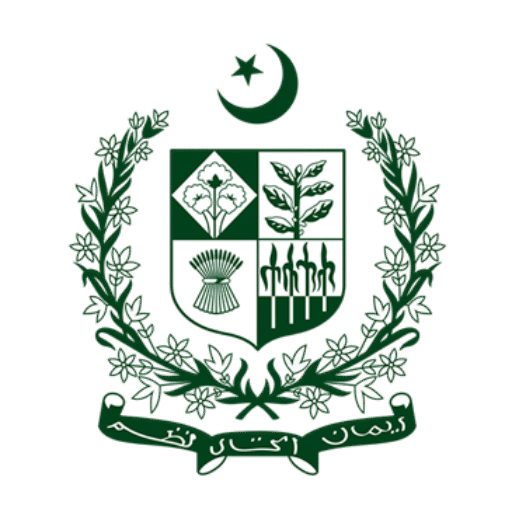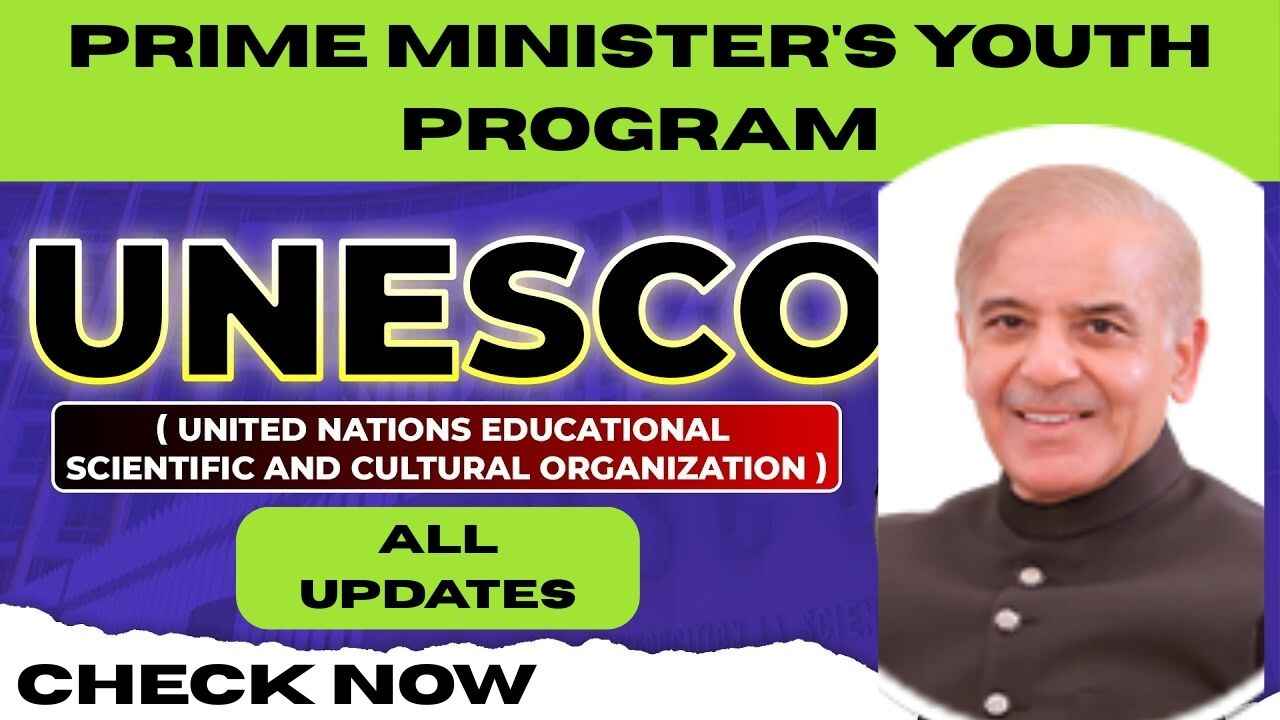Discover UNESCO Digital Library (UNESDOC), the free online repository of reports, research papers, treaties, and educational materials. Access multilingual resources in education, science, culture, and sustainable development.
Introduction to UNESCO Free Digital Library
The UNESCO Digital Library (UNESDOC) is the official online repository of the United Nations Educational, Scientific and Cultural Organization (UNESCO). It provides free access to full-text documents such as:
- Research papers
- Policy reports
- International treaties
- Statistical databases
- Educational and cultural materials
UNESCO Free Digital Library promotes global knowledge-sharing by making reliable information accessible to researchers, policymakers, educators, and the general public.
What is UNESDOC?
UNESDOC (UNESCO Digital Library) is a multilingual platform that covers UNESCO’s main areas of expertise:
- Education
- Science
- Culture
- Communication & Information
- Sustainable Development
It allows users to explore resources in different languages, supporting inclusive access to knowledge.
Key Features of UNESCO Free Digital Library
Here are the main highlights of UNESCO Digital Library (UNESDOC):

- Free full-text access to UNESCO publications
- Multilingual resources available in English, French, Spanish, Arabic, and more
- Wide range of content (research, policies, reports, treaties, data)
- Supports researchers, students, policymakers, and the general public
- Covers topics in education, science, culture, and sustainable development
- Official trusted repository of UNESCO
Benefits of Using UNESCO Digital Library
The UNESCO Digital Library provides several benefits:
- Global Access: Available worldwide without cost.
- Educational Support: Helps students, teachers, and institutions.
- Reliable Data: Offers verified statistics and research findings.
- Policy Guidance: Supports policymakers with evidence-based documents.
- Multilingual Content: Removes language barriers.
Table: Overview of UNESCO Digital Library Resources
| Category | Description | Examples of Content |
|---|---|---|
| Education | Reports, guides, and frameworks for global education systems | Education for All reports, teacher training guides |
| Science | Scientific studies and research on natural & social sciences | Climate change research, ocean science reports |
| Culture | Preservation and promotion of cultural heritage | World Heritage Convention, cultural diversity docs |
| Communication | Policies on freedom of expression, digital transformation, and media access | Media development indicators, open data reports |
| Sustainable Dev. | UN-related development goals and strategies | SDG progress reports, sustainability guidelines |
How to Use UNESCO Digital Library (UNESDOC)
Accessing and using UNESDOC is simple:
- Visit the official UNESCO Digital Library website.
- Use the search bar to find resources by keyword, year, or subject area.
- Filter results by language, type of document, or theme.
- Download full-text PDFs for free.
- Save or cite resources for academic or research use.
FAQs About UNESCO Digital Library
Q1: What is UNESCO Digital Library (UNESDOC)?
A1: UNESDOC is UNESCO’s official digital library offering free access to policy papers, treaties, research, and educational resources.
Q2: Is the UNESCO Digital Library free to use?
A2: Yes, it is completely free and accessible worldwide.
Q3: Who can use UNESDOC?
A3: Researchers, students, educators, policymakers, and the general public can all benefit.
Q4: What type of documents are available?
A4: Reports, treaties, research papers, statistics, and policy documents.
Q5: In which languages is UNESDOC available?
A5: Documents are available in multiple languages including English, French, Spanish, Arabic, and more.
Q6: Does UNESCO Digital Library support Sustainable Development Goals (SDGs)?
A6: Yes, it provides reports and guidelines supporting the UN’s SDG framework.
Q7: Can I download documents from UNESCO Digital Library?
A7: Yes, most documents are available for free download in PDF format.
Q8: Is UNESDOC updated regularly?
A8: Yes, UNESCO continuously adds new publications, treaties, and reports.
Q9: How can teachers and students use UNESDOC?
A9: They can use it as a reliable academic source for learning, teaching, and research.
Q10: Is UNESDOC an official UN repository?
A10: Yes, it is the official digital library of UNESCO, a specialized UN agency.
Final Words
The UNESCO Free Digital Library (UNESDOC) is a powerful tool for open access knowledge. With its wide range of documents across education, science, culture, and sustainable development, it empowers people around the globe to access reliable information for research, policymaking, and learning.
If you’re a student, teacher, policymaker, or researcher, UNESDOC is a must-use platform for credible, multilingual, and free resources.
Latest Government Schemes
Visit our website for more Updates about Government Schemes : https://pakgovschemes.pk/

